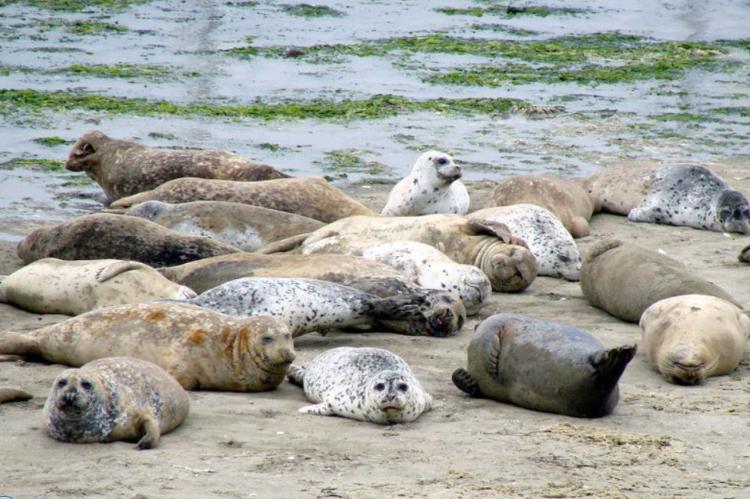Canada demands WTO void EU ban on seal products
Both Norway and Canada insist seal-hunting methods are humane
Speaking on the sidelines of a World Trade Organization appeal hearing on the EU ban on the import and sale of seal products, Canadian Environment Minister Leonoa Aglukkaq condemned opponents of hunting.”
Everybody, every family is concerned on the territories in Newfoundland, Labrador, Quebec and Nunavut," she told reporters.” Sealers have the right to make a living like fishers or farmers with the resources of the region."
Along with fellow seal hunter Norway, Canada seeks to overturn a WTO ruling that said the 2010 EU ban did not breach global trade rules. Although it ruled that Norway and Canada's complaints had merit, they were outweighed by the EU goal of addressing moral concerns about seal welfare.
"Pandora's box has been opened. Tomorrow, perhaps there'll be a ban on lamb, or pork or poultry for moral reasons," claimed Aglukkaq. "We have lost a battle," she added, vowing to maintain the fight until the ban was overturned.
Brussels argues the EU public overwhelmingly favours the ban and that scientific evidence backs claims that slaughter methods, using a club with a metal spike to stun seals before killing them, are cruel. Norway and Canada insist their hunting methods are humane and no worse than those used in commercial deer hunting, which is widespread in the EU. Both countries kill tens of thousands of seals annually.
"We have a highly regulated industry, based on scientific data," said Aglukkaq. "A healthy population of seals is not a large population of seals," she added.
Canada claims the population of harp seals - the predominant species hunted - has tripled since the 1970s to reach 7.3 million. Grey seal numbers have risen 80-fold to 400,000.
While cute seal pups are often deployed in the anti-hunting image war, the minister insisted "we don't kill baby seals”.” The hunt is very humane, and sustainable. What is morally wrong is that interest groups have propagated false news and misinformation," claiming their goal was to fill campaigners' coffers with public donations.
Canada and Norway claim the ban is discriminatory as seal products from EU members Sweden and Finland enjoy unimpeded market access within the 28-nation bloc. Canada's indigenous Inuit, who have traditionally hunted seal for centuries, are exempt from the ban but say it has ruined the market for their seal products. Some 6,000 people hunt seals commercially in Canada, chiefly in Newfoundland.


